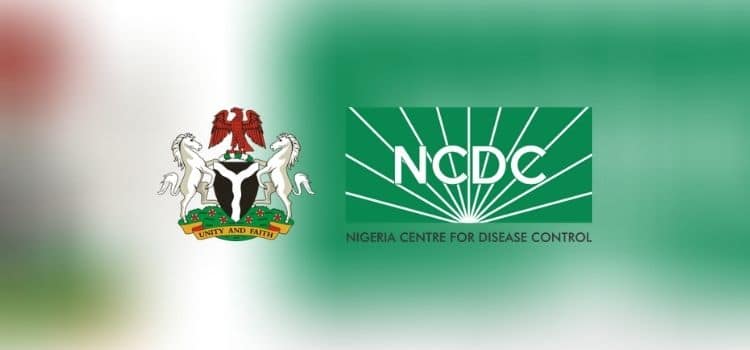By Asmau Ahmad
The Nigeria Centre for Disease Control (NCDC) has alerted that the country is at high risk of the importation of the Ebola virus.
The agency gave the warning in its latest public health advisory issued on Monday.
In the advisory, the NCDC said the risk of the importation of the virus into Nigeria is largely due to the large volume of air travel between Nigeria and Uganda.
Recall that Uganda declared it had recorded an outbreak of the Ebola virus on the 20th of September. As of 29th October 2022, the Uganda Ministry of Health had reported 128 confirmed cases and 34 deaths.
The public health advisory partly reads, “The NCDC, through the National Emerging Viral Haemorrhagic Disease Technical Working Group, met on the 26th of September 2022 to assess the risk of importation of EVD to Nigeria and the potential impact to inform in-country preparedness activities.
“Based on available data and risk assessment conducted, Nigeria is at HIGH risk of importation of the virus. This risk is due to the large volume of air travel between Nigeria and Uganda and the mixing of passengers, especially at the regional travel hubs of Nairobi, Addis Ababa, and Kigali airports and the additional risk from other neighbouring countries that share a direct border with Uganda should cases arise in other countries in the region.”
Therefore, to avert the risk of this deadly virus being imported into the country, the disease control agency has put certain measures in place to mitigate the transmission of the disease by travellers.
The NCDC said it is on alert mode and has also developed an incident action plan for the first few cases that may be encountered in the country.
Also, “point of entry surveillance has been heightened using the passenger pre-boarding health declaration and screening form in the Nigeria International Travel Portal (NITP) platform.
“Passengers arriving from Uganda and persons who transited in Uganda are being followed up for 21 days after they arrived in Nigeria for their health status.
“Trained Rapid Response Teams are on standby to be deployed in the event of an outbreak.
“All State Public Health Emergency Operations Centres (PHEOCs) are in alert mode. A medical countermeasures plan is available.
“Amplification of risk communication and engagement with states and partners to strengthen preparedness activities which include– a review of risk communication protocols, plans, and messages in the event of an outbreak.
“Nigeria has an active infection prevention and control (IPC) programme nationwide with guidelines and training packages developed for healthcare workers,” the public health advisory reads.




